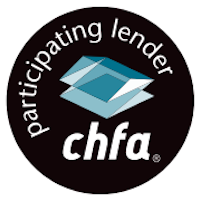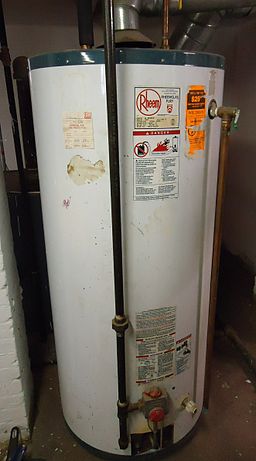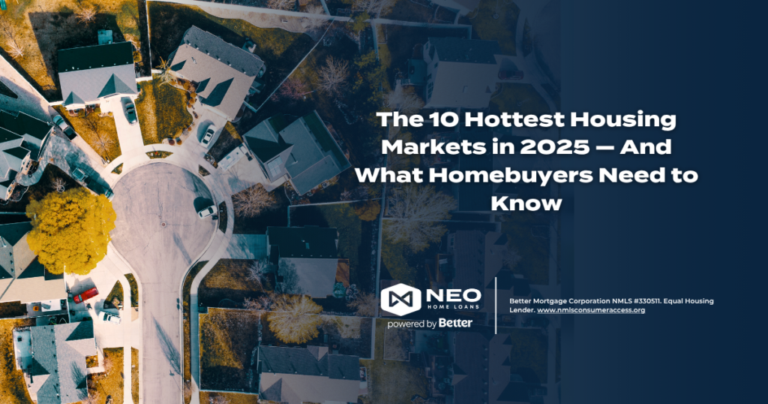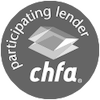I’ve purchased eight homes so far and helped thousands finance their home purchases. From my own personal experience and professional view point the smartest way to buy your first home comes down to these three things.
The smartest way to buy your first home is save enough for a minimal down payment, have a three month emergency fund and plan to own the home for a minimum of five years.
Financial Gurus Will Disagree

 If you listen to financial gurus like Dave Ramsey he will tell you to save enough money for 20% down, finance over no more than 15 years and don’t buy until you have all other debt paid off.
If you listen to financial gurus like Dave Ramsey he will tell you to save enough money for 20% down, finance over no more than 15 years and don’t buy until you have all other debt paid off.
Suze Orman agrees you should save 10-20% for a down payment and have all credit cards paid off. But she doesn’t mention doing a 15 year loan.
I see their point and would agree that ideally you should not have any credit card debt. You probably should have enough money to put 10-20% down even if you choose to put less down. But for most people that would delay their home purchase by years!
Apparently I Did it Wrong!
I purchased my first home as quickly as I could.
When I bought my first home I was already in the mortgage business. I was out tryin to “sell” people on the idea of buying a home and using me to get a mortgage when they did. But I was renting at the time.
I felt like a hypocrite!
So, I bought a home. I had credit cards. I had student loans. I did not have an emergency savings fund. I didn’t even have a down payment.
 I used a program in Colorado called Colorado Housing and Finance Authority, or CHFA, to buy my first home. At the time I bought the program they offered was a grant. Free money that I never had to repay.
I used a program in Colorado called Colorado Housing and Finance Authority, or CHFA, to buy my first home. At the time I bought the program they offered was a grant. Free money that I never had to repay.
I combined the CHFA down payment assistance grant with an FHA loan and asked the seller to cover my closing costs.
Although my first home purchase was back in 2001 and there were far fewer rules & restrictions to buy a home back then, this particular scenario is not too different than what is still possible today.

I Got Bailed Out
The day after closing my wife and I moved in to our new home. We were so proud. And super excited, until…
The hot water heater broke and flooded the bottom floor!
With an inch of water sitting on the bottom floor we had no idea what to do. I didn’t know what happened or how to solve the problem.
So, what does any 19 year old do? Yep…call their parents.
(in case you wondering…yes, I was married and had bought my first home by 19 – I always wanted to grow up as quickly as I could)
My parents came rushing over to help us figure out the problem and find a solution. They were literally bailing us out of our problem.
Remember, I bought this house with very little money out of pocket and without an emergency fund set aside.
Oh, and I had a debt-to-income ratio of 55%!!!! That is about as high as you could possibly go. In other words, I was tapped out!
My parents helped us get all the water out with a wet/dry vac and figured out that the hot water heater needed to be replaced.
I didn’t have the money to cover the cost of a hot water heater…so my parents bought it for us.
Fast Forward 10 Years
Homeownership is a roller coaster.
 There are some benefits. We were able to get a dog. We could paint the house whatever color we wanted. We were building equity.
There are some benefits. We were able to get a dog. We could paint the house whatever color we wanted. We were building equity.
But there are some drawbacks. We had to replace the water heater. We had a swamp cooler leak. We had to maintain the house and landscaping.
Every year we lived in the house things got better and better.
Unlike renting where our housing cost would have gone up by about 5-10% each year, we had a payment that was pretty much locked in. Sure, taxes and insurance increased a bit but the overall house payment did not change much year to year – not like renting.
We tought ourselves how to do the little things that needed to be fixed or maintained rather than having to pay for someone to come out each time something went wrong.
About 3 years into owning the home we decided we wanted to upgrade. Instead of selling we rented it out and bought another home.
Becoming a Landlord
About 3 years into owning the home we decided we wanted to upgrade. Instead of selling we rented it out and bought another home. We wanted to build a real estate portfolio.
This allowed us to buy without a large down payment (because it was our primary residence rather than an investment property).
We continued to rent this home for a few more years but eventually decided to sell.
Cheap to Buy, Expensive to Sell
Homes are cheap to buy. Sure, you have your down payment and closing costs but there are no real estate commissions (normally) to be paid as a buyer.
But, that’s why it is expensive to sell. Because when you sell you pay the real estate commissions.
We sold the home in 2012. But do you remember what happened in 2008?

Yeah…the BUBBLE POPPED!
Our home value dropped. And we were in one of the hardest hit zip codes in Colorado.
You Don’t Lose Until You Sell
But we realized something…as long as we did not sell the home we hadn’t lost anything.
All we had to do is continue to rent the home, cover the mortgage and wait for home prices to bounce back.
Eventually, they did. It took a few years, but they did…and always have.
When we sold the home in 2012 we made a good profit. We had built up some equity over the years and paid down the mortgage.
When I look back sometimes I wonder if we would have been in a better position had we rented rather than buying.
My answer? I don’t think renting would have been the better decision.
Owning a home forced me to save. I had to pay the mortgage. I had to maintain the home. And in return the value of the home went up (with the temporary drop in 2008).
Would I have done things differently…yes!

Here is the Smart Way to Buy Your First Home…in my opinion
- Buy as quickly as you can
- Just like investing, the sooner you can start the more opportunity you have to use the benefits of compounding interest on your side
- Put as little down as possible
- The gurus will disagree and that’s ok – I believe that the benefits of owning outweigh the benefits of saving a large down payment.
- Have an emergency fund
- Homeownership has its surprises (like a hot water heater leaking) so be prepared for the unexpected by having funds set aside.
- Plan to stay put for 5 years (or longer)
- Selling is expensive and the only way to ensure you break even, at least, is to own the home for long enough to grow your equity position.










